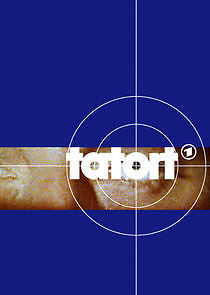|
On the way home from a wine festival in the Kaiserstuhl, radio presenter Beate Schmidbauer, a friend of detective boss Cornelia Harms, is beaten unconscious and raped by an unknown perpetrator. Although the man's DNA was secured, Franziska Tobler and Friedemann Berg found no match in the databases. Cornelia Harms is concerned about the case, but given the evidence, she can only give her friend little hope that the perpetrator will be identified. However, when news came from Alsace that a man with identical DNA had been wanted there for years for rape and manslaughter, Franziska and Friedemann decided to work together. Because the French colleagues have an extended DNA characterization test.
With their knowledge of age, skin and eye color, they could target specific suspects. This is not yet permitted in Germany, but Friedemann Berg and Franziska Tobler use this knowledge and focus on three suspects. None of the three is willing to provide DNA samples. At the same time, the police's persistent investigations have had an impact on her life. In "Tatort: Rebland", author Nicole Armbruster and director Barbara Kulcsar unfold the effects of an act that burdens the victim's psyche, but whose investigation also leaves its mark on the lives of the suspects and their families.
The inspectors move between these poles with their investigations and succumb to a temptation that would no longer be there, since a reform at the turn of the year also made extended characteristic examination possible in Germany. Eva Löbau, Hans-Jochen Wagner and Steffi Kühnert, Victoria Trauttmansdorff as victims who don't want to be victims, and Roman Knižka, Fabian Busch and Marek Harloff as suspects who have different things to hide, bring the effects of these investigations to life.
|

Running
|



Susan Queen : LMAOOOO !!!